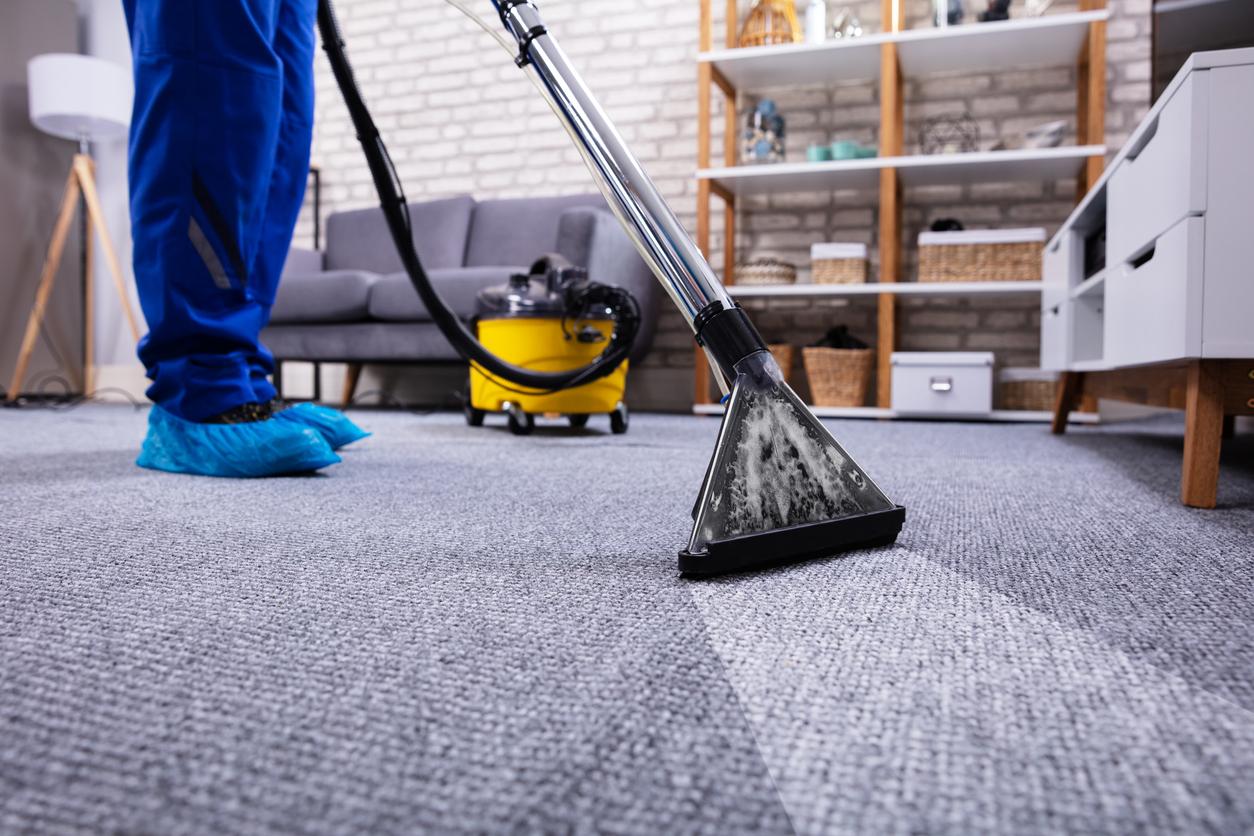
January 17, 2005 – From January 16 to 22, 2005, the Quebec week for a tobacco-free future on the theme “Free the air from second-hand smoke”. While it’s easy to agree that a smoky place causes occasional annoyances like having sore eyes, a dry throat or a headache, are the fears that some people have about second-hand smoke justified?
“It is currently indisputable that second-hand smoke represents a danger for the passive smoker and that eliminating second-hand smoke will have beneficial effects on the health of the population”, according to Dr André Gervais1, pulmonologist at the Center hospitalier de l’Université de Montréal and medical consultant at the Department of Public Health of Montreal-Center.
According to this specialist, “it is the medium and long-term effects, such as ischemic heart disease (myocardial infarction) and lung cancer, which are the most important to consider”.
Increased risk of lung cancer
To support his claims, the Dr Gervais scrutinized scientific literature reviews based on some fifty epidemiological studies. In particular, it emerges that in households where there is at least one smoker, the risk of lung cancer for a spouse who does not smoke is 20% higher in women and 30% in men, compared to households free of tobacco smoke.
With regard to second-hand smoke at work, similar studies show that non-smokers who are exposed to it see the risk of having lung cancer increase by a proportion of 16% to 19%. For restaurant and bar workers, the risk of lung cancer is estimated to be 50% higher than that of the general population2.
Deaths from heart disease
The risk of death from myocardial infarction would increase by 24% in non-smokers exposed to tobacco smoke. Unintentional exposure to this smoke, at home only, would have caused the death – by heart disease – of 302 non-smokers in Quebec, according to an estimate made in 1997.
In fact, it is known that exposure to second-hand smoke for eight to 20 minutes causes an increase in pulse rate, blood pressure, vasoconstriction, increased levels of carbon monoxide (CO) in the blood, and aggregation. platelet, according to Dr Gervais.
A law to restrict smoking in public places
The intention of the Government of Quebec to soon present a bill aimed at restricting or eliminating the use of tobacco in public places seems all the more justified since no study has shown that better ventilation or Use of air filters eliminates the risks associated with this exposure.
Each year, it is estimated that in Quebec, 136 non-smokers die from lung cancer and 223 from heart disease, making second-hand smoke the third preventable cause of death, after direct smoke and alcohol abuse.3.
Martin LaSalle – PasseportSanté.net
1. Gervais A, Second-hand tobacco smoke: unpleasant or dangerous? Prevention program in medical practice, Direction de la santé publique de Montréal, January 20, 2003. Electronic version available at http: /www.santepub-mtl.qc.ca/mdprevention/chronique/2003/20012003.html [Site consulté le 17 janvier 2005].
2. Supplement on health warnings on Canadian cigarette packages, Info-Tobacco, NOTo 47, November 2003. Document available at http://www.info-tabac.ca/avertis/FTE1.htm [Site consulté le 17 janvier 2005].
3. Quebec Council on Tobacco and Health: http://cqts.qc.ca/sqast/index.html [Site consulté le 17 janvier 2005].

















